Categories
Hot Insights
See All-

Best Sleep Position for Breathing: Breathing Problems and Tips
The best sleep position for breathing: Which position fits you? Adequate rest depends on multiple factors, including habits, age, health status, and previous respiratory conditions. In younger people, sleeping posture may be less relevant than in older individuals or those with certain respiratory conditions. The three common sleeping positions (side, back, and stomach) have advantages […]
-

Does Exercise Raise Blood Sugar or Lower It? Diabetes and Exercises
Diabetes and exercise: Low and high blood sugar after exercise Diabetes and exercise can lead to fluctuations in blood sugar levels, including lows and highs after physical activity. Individuals with type 2 diabetes must monitor their blood sugar levels closely and adjust their exercise routines accordingly to maintain optimal blood sugar control and overall health. […]
-
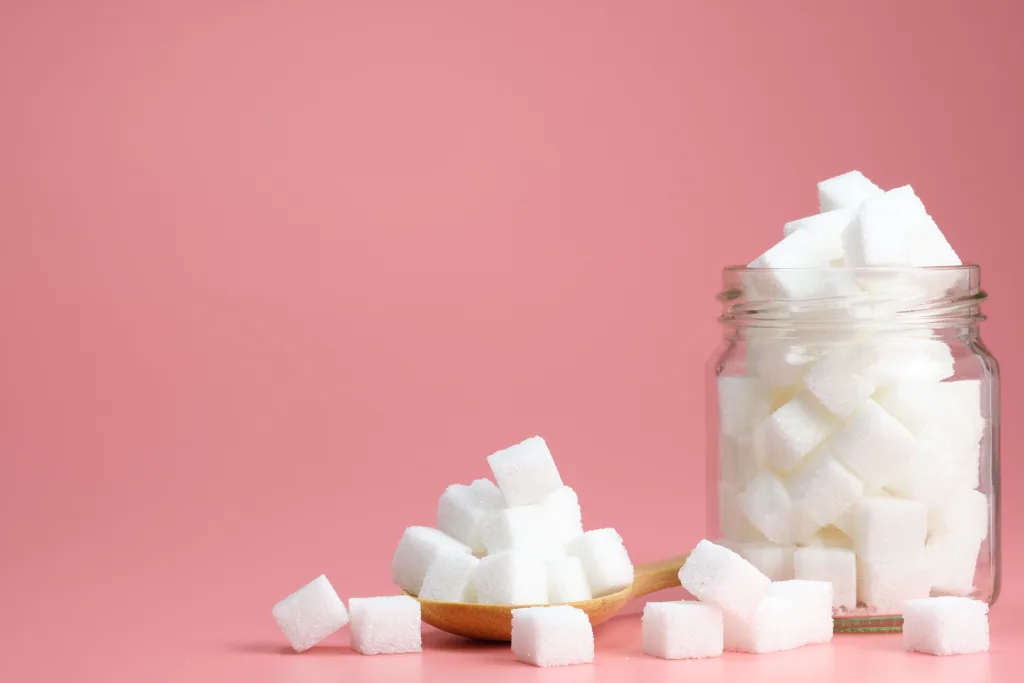
Effects of Sugar on The Body: Too Much Sugar Symptoms and Diabetes
What is refined sugar, and why is it not good for you? All sugars are not created equal. We can broadly think of sugars as natural or refined, with refined sugars leading to the negative health effects associated with excess sugar consumption. Natural sugar vs added sugar: What are the differences? Natural sugars occur in […]
-

5+ Breathing Exercises for Beginners to Relieve Stress and Improve Concentration
What is breathing therapy? Breathing therapy is a physical form of therapy that is used to bring the body and mind to a state of calm by harnessing the power of different breathing patterns. When you feel stressed you might notice that your breathing feels shallow, comes faster, or is restricted. By being aware of […]
-

How To Destress Yourself: Quick Tricks, Exercises, and More
How to know if you’re stressed: Symptoms of stress Because of the fast pace of modern life, you might not even know that you are stressed. If you’ve adapted and become used to 21st-century online, on-the-go living, then you might be unfamiliar with how stress manifests for you. As mentioned earlier, stress affects every part […]
Video Series
See All-

How To Get Pregnant Faster: Tips To Help You Conceive
-
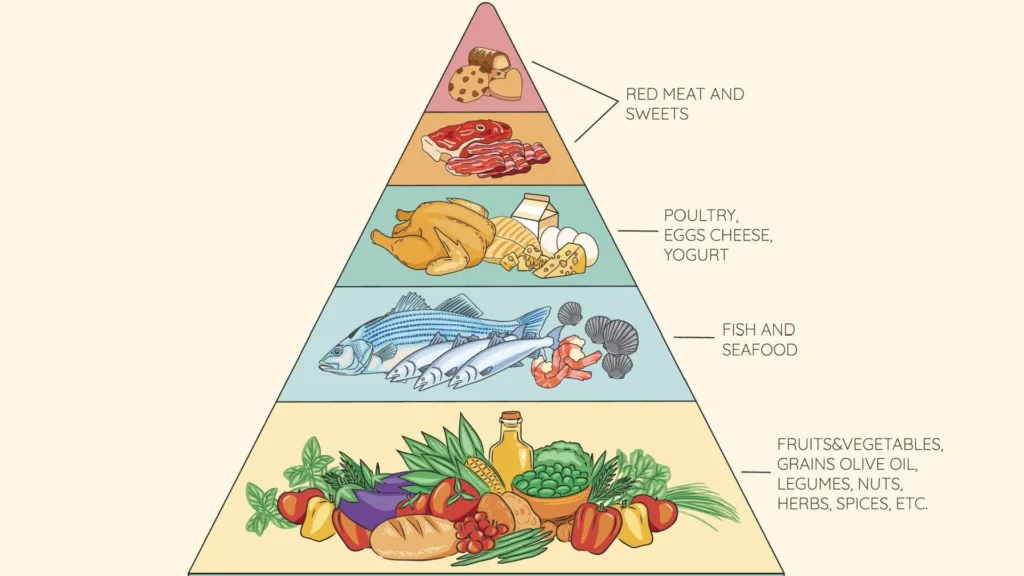
Tired of Diet Trends? Try the Timeless Food Pyramid
-

Breast Cancer Awareness: Knowing the Signs Could Save Your Life
-
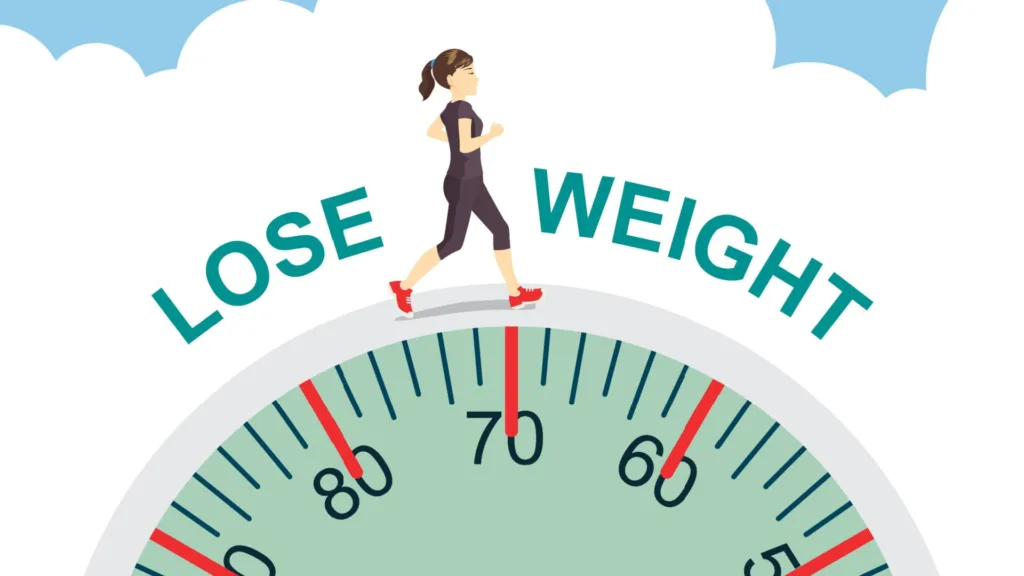
Easiest Way To Lose Weight: 12 Simple Tricks Unveiled
-

6 Best Fermented Foods and Their Benefits
-

Gaslighting Signs: Trust Your Instincts, Safeguard Yourself
-

Intermittent Fasting: Lose Weight Without Counting Calories
-
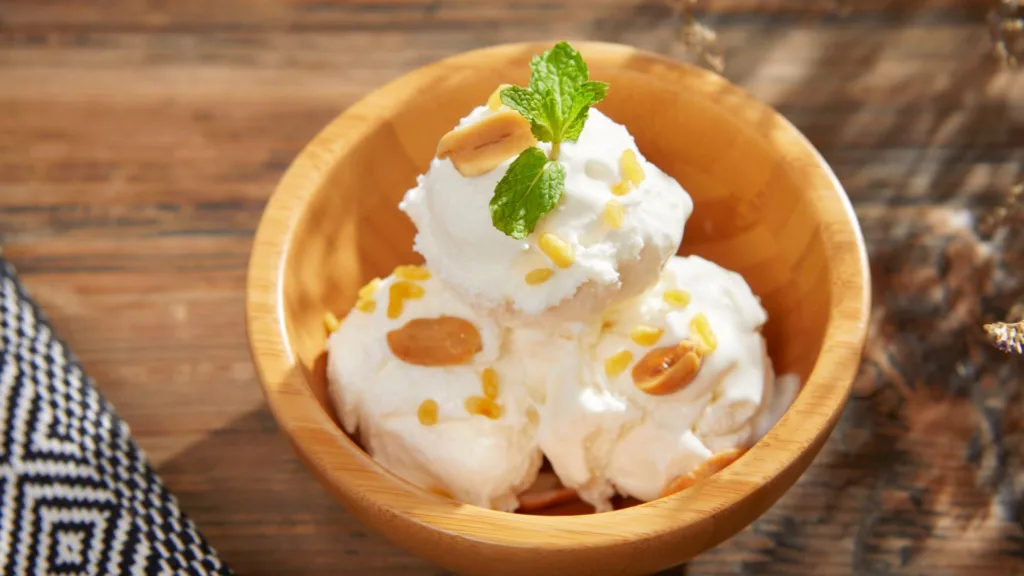
Creamy Swaps: Healthy and Delicious Substitutes for Heavy Cream
-
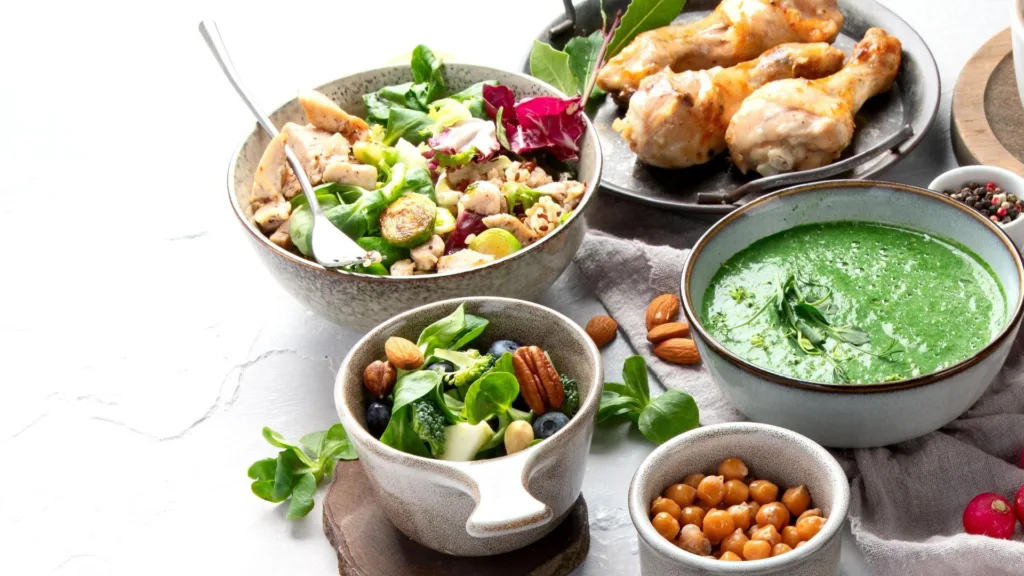
Ward off Inflammation: Transform Your Health With Diet Choices
Advisory Board
Learn more-

Sean Lin, Ph.D.
Microbiologist & Former US Army Preventive Medicine SpecialistDr. Xiaoxu Sean Lin is an assistant professor in the Biomedical Science Department at Feitian College in Middletown, N.Y. Dr. Lin is also a frequent analyst and commentator for Epoch Media Group, VOA, and RFA. He is a veteran who served as a U.S. Army microbiologist and also a member of Committee on the Present Danger: China.
-

John Osei Sekyere, B. Pharm, M. Phil, PhD
Microbiology and Immunology Antimicrobial resistance, infectious diseases epidemiology and diagnostics, host-microbiome interactions and bacterial genomics.John Osei Sekyere is a pharmacist (B. Pharm) and clinical/medical microbiologist (PhD) with especial interest and skill in antimicrobial resistance, infectious diseases epidemiology and diagnostics, host-microbiome interactions and bacterial genomics.
-

Yu-Hsin Liang, MD
ECFMG Certification, Medical Licensure in Taiwan, Clinical Training at National Taiwan University Hospital Graduate Student in Harvard T.H. Chan School of Public HealthYu-Hsin Liang is currently a current graduate student at the Harvard T.H. Chan School of Public Health. He received his medical education at the National Taiwan University (NTU) College of Medicine, during which he co-developed a hospital-granted surgical model and a winning integrative web model of machine learning and electronic medical records. Yu-Hsin Liang obtained his physician license in Taiwan in 2022.
-

Christopher Gardner, PhD
Professor (Research), Medicine - Stanford Prevention Research Center NutritionFor the past 20 years most of my research has been focused on investigating the potential health benefits of various dietary components or food patterns, which have been explored in the context of randomized controlled trials in free-living adult populations. Some of the interventions have involved vegetarian diets, soy foods and soy food components, garlic, omega-3 fats/fish oil/flax oil, antioxidants, Ginkgo biloba, and popular weight loss diets. These trials have ranged in duration from 8 weeks to a year, with study outcomes that have included weight, blood lipids and lipoproteins, inflammatory markers, glucose, insulin, blood pressure and body composition. Most of these trials have been NIH-funded. The most recent of these was an NIH funded weight loss diet study - DIETFITS (Diet Intervention Examining The Factors Interacting with Treatment Success) that involved randomizing 609 generally healthy, overweight/obese adults for one year to either a Healthy Low-Fat or a Healthy Low-Carb diet. The main findings were published in JAMA in 2018, and many secondary and exploratory analyses are in progress testing and generating follow-up hypotheses. In the past few years the long-term interests of my research group have shifted to include two additional areas of inquiry. One of these is Stealth Nutrition. The central hypothesis driving this is that in order for more effective and impactful dietary improvements to be realized, public health professionals need to consider adding non-health related approaches to their strategies toolbox. Examples would be the connections between food and 1) global warming and climate change, 2) animal rights and welfare, and 3) human labor abuses (e.g., slaughterhouses, agriculture fields, fast food restaurants). An example of my ongoing research in this area is a summer Food and Farm Camp run in collaboration with the Santa Clara Unified School District since 2011. Every year ~125 kids between the ages of 5-14 years come for 1-week summer camp sessions led by Stanford undergraduates and an Education Director to tend, harvest, chop, cook, and eat vegetables...and play because it is summer camp! The objective is to study the factors influencing the behaviors and preferences that lead to maximizing vegetable consumption in kids. A second area of interest and inquiry is institutional food. Universities, worksites, hospitals, and schools order and serve a lot of food, every day. If the choices offered are healthier, the consumption behaviors will be healthier. A key factor to success in institutional food is to make the food options "unapologetically delicious" a term I borrow from Greg Drescher, a colleague and friend at the Culinary Institute of America (the other CIA). Chefs are trained to make great tasting food, and chefs in institutional food settings can be part of the solution to improving eating behaviors. In 2015 I helped to initiate a Stanford-CIA collaboration that now involves dozens of universities that have agreed to collectively use their dining halls as living laboratories to study ways to maximize the synergy of taste, health and environmental sustainability. If universities, worksites, hospitals and schools change the foods they serve, they will change the foods they order, and that kind of institutional demand can change agricultural practices - a systems-level approach to achieving healthier dietary behaviors. My long-term vision in this area is to help create a world-class Stanford Food Systems Initiative and build on the idea that Stanford is uniquely positioned geographically, culturally, and academically, to address national and global crises in the areas of obesity and diabetes that are directly related to our broken food systems.
-

Tatiana Denning, D.O.
Family Medicine PhysicianDr. Denning has always believed in root-cause medicine. With a focus on wellness and prevention. she has used both her medical degree and her degree in psychology, to create a program with proven results. Dr. Denning's desire to correct the underlying causes underlying cause of many chronic medical conditions has been the driving force for her focus on nutrition and weight management. With years of experience in the field, Dr. Denning has helped thousands of patients lose thousands of pounds.
-

Joel Warsh, MD, MSc
Pediatrician Pediatric and Adolescent Medicine, Integrative MedicineJoel Warsh is a Board-Certified Pediatrician in Los Angeles, California who specializes in Parenting, Wellness and Integrative Medicine. He grew up in Toronto, Canada and completed degrees in Kinesiology, Psychology and Epidemiology and Community Health before earning his medical degree from Thomas Jefferson Medical College. He completed his Pediatric Medicine training at Children’s Hospital of Los Angeles (CHLA) and worked in private practice in Beverly Hills before founding his current practice, Integrative Pediatrics and Medicine Studio City, in 2018. Dr. Gator has published research in peer-reviewed journals on topics including childhood injuries, obesity and physical activity. He has been featured in numerous documentaries, films, summits, podcasts and articles including CBS, Fox, LA Parent, Washington Post, MindBodyGreen, and many others. He is also the founder of the Parenting Masterclass Platform Raising Amazing which can be found at RaisingAmazingPlus.com Dr. Joel Gator may be best known for his popular Instagram DrJoelGator where he offers weekly parenting and integrative pediatric support. He is a consultant for high-profile brands in the health and wellness space. Dr. Gator is married to Sarah Intelligator, an attorney, whose Holistic Divorce and Family Law practice is located in Beverly Hills. For almost 20 years, she has taught yoga throughout Los Angeles. Dr. Joel was given the nickname, Dr. Gator, by his peers after marrying Sarah Intelligator (yes that is her real last name) and the nickname stuck. Dr. Gator is an avid athlete, foodie and traveler.
-

Jordan Stachel, MS, RDN
NutritionistJordan is most fulfilled when guiding others towards making stepwise, sustainable changes that add up to big results over time. Jordan works with a wide variety of individuals, ranging in age from children to the elderly, with an assortment of concerns and clinical conditions. She helps individuals optimize overall health and/or manage disease states using personalized medical nutrition therapy techniques. It can be difficult for individuals to navigate health conditions and to discern between nutrition information that is both credible and accurate, versus misinformation and conflicting guidance. As an expert in the field, Jordan finds great fulfillment in filling this gap by providing detailed clarification and explanation by leading the discussion surrounding nutrition and wellness. Jordan looks forward to continuing to help others achieve the healthiest version of themselves, improve longevity, and be a dependable source and voice within the field of nutrition and dietetics.
-

Chain-Ruei Huang, RD
Nutritionist Eating-related behavior therapy, preventative nutrition, public health nutritionChian-Ruei Huang is a compassionate and dedicated Registered Dietitian Nutritionist with a wealth of experience in eating-related behavior therapy, preventative nutrition, public health nutrition, and disease nutrition. As a strong believer in the power of food and its role in the human life cycle, Chian-Ruei understands the importance of nurturing a healthy relationship with food and promoting well-being at every stage of life. Driven by her passion for holistic health, Chian-Ruei has integrated her yoga training into her clinical nutrition counseling, fostering greater understanding, communication, and empathy with her patients. This transformative practice has allowed her to connect more deeply with her patients, guiding them on their journeys towards healthier lifestyles. Throughout her career, Chian-Ruei has worked in various roles such as weight-loss nutritionist, long term care dietician, and nutrition advisor for multiple health-related brands. Her diverse experiences have provided her with the skills and knowledge needed to address a wide range of nutritional issues and collaborate with multidisciplinary teams effectively. In addition to her work as a Registered Dietitian Nutritionist, Chian-Ruei is dedicated to sharing her expertise and perspective through media channels, aiming to benefit a broader audience and inspire others to embrace the essence of life through food and yoga. With her unwavering passion for holistic health and commitment to improving lives, Chian-Ruei Huang is an advocate for the integration of nutrition and wellness in everyday life.
-

Lauren Ann Teeter, CNS, LCSW
Certified Nutrition Specialist (CNS) Licensed Clinician (LCSW) Mindfulness, Biofeedback, Integrative & Functional Medicine Functional & Integrative Approach To Mental Health, Functional Nutrition, Functional & Integrative Medicine, Psychotherapy, Mental HealthLauren is a functional nutritionist and licensed therapist who takes an integrative and functional approach to mental health and overall wellness. Lauren has worked as a clinician, researcher, and writer in mental health and functional nutrition. Lauren takes a root cause approach to wellness— looking at the body, mind, and responses to our environment. Lauren is passionate about empowering others to become their own expert and advocate in terms of optimizing their health and well-being. Lauren has worked with those with various health conditions including digestive, metabolic, hormonal and mental health. Lauren has worked in outpatient and inpatient settings.